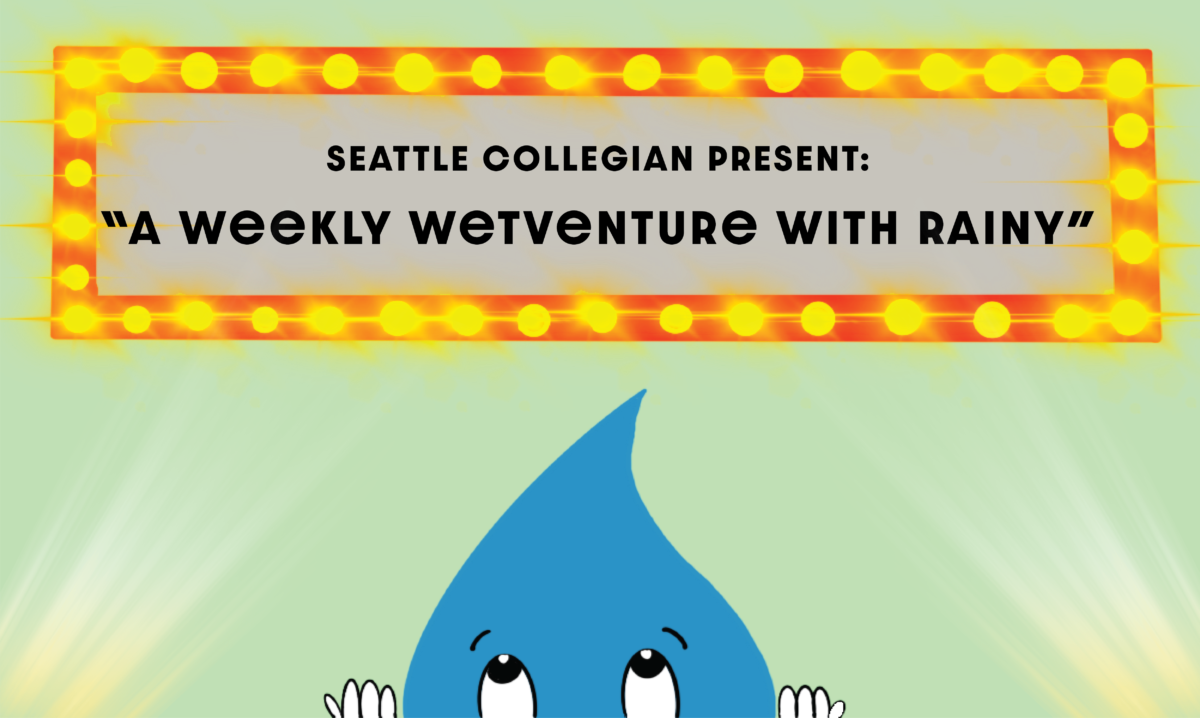Album Reviews: Yeat – 2093
In many ways, I think Playboi Carti is a modern-day Oppenheimer. Both created a new and innovative concept to try and change the world, only to ruin it further, except instead of creating a nuclear bomb that killed thousands of people, he created a music genre that killed any interest I have to listen to anyone on the opium label. I’m a mere mortal music fan looking for more of that same Rage kick Carti provided, and even in an irradiated hellscape you’ll probably find some golden teeth amongst the rubble, and so that brings us to this week’s subject—Yeat, a man whose name is the mortal enemy of spellcheck everywhere, which keeps thinking I’m writing a review about the year 2093, presumably rating the blasted out rubble that was once my house.
For the uninitiated wondering what the hell I’m on about right now, Yeat is a California-based rapper who has neatly fit himself into the “Rage” genre, pioneered by Playboi Carti. What is “Rage?” Great question! I wish I knew. As far as I can tell it’s an offshoot of trap music based around more electronic and synthy instrumentals, with a slight hint of industrial grit to the trap formula. According to RateYourMusic, it also focuses on very repetitive chord progressions and lyrics, and christ is that clear after listening to a lot of artists from the genre. Trap is already a pretty repetitive genre, so you can guess that this might not be the most enjoyable genre for everyone, especially if they like their albums short and quick, because another tentpole of the genre is stuffing their albums with twenty-something tracks and feature-length runtimes. With how much the artists in this genre repeat instrumental ideas and sound palettes, it can start to feel like your ears have been turned into speed bags of tedium.
All that said, it may sound like I’m down on the genre from the get-go, and admittedly I kind of am, but even despite that I went into this new Yeat album, “2093” with excitement because Yeat has been one of the more exciting up and coming artists in the field. He has genuine ambition and energy in his music that few others in the genre have, and a great sense of experimentation. Now, that’s not to say he’s been a consistently good artist throughout his career. His second album “2 Alive” was a bag of old rusty screws and rat droppings, and his last album “Afterlyfe” was better, but decidedly a more inconsistent affair, so with all that, how did this new album come out? Shockingly great, like, potentially career-definingly great.
Now, remember how in my last review I said I couldn’t go track by track, because the album was a door-stopping ten songs long and I was running out of words? Well, this album is twenty-two songs long and an hour and ten minutes long, so I’m only going through the highlights here, a tricky task considering there are so many. No place as good to start as the opener I suppose, Yeat kicks the album off with “Psycho Ceo” a booming trunk knocker of an opener, hitting with cinematic and whirring synths as Yeat belts one of his most exciting hooks, filled with all the rebellious rage and cockiness one would want from a song like this, making for a fantastic concert track, I’m sure. As fantastic as an opener as it is, it hardly prepares the listener for the odyssey of sounds the albums about to bring you along on, nor the emotional tone, as braggadocious club bangers aren’t the only thing in its repertoire. Take the track “Bought The Earth” for instance, a more emotional crooner with some of the most beautiful and cinematic strings I’ve heard this year, something that feels like the credits music to an existential utopian sci-fi. Sci-fi is a vibe the whole album gives off, like the grittier “Power Trip,” a dark dystopian track with grinding synths and rhythmically pitter-pattering drums, like the dark rain of apocalypse, before blooming into a lovely flourish of bright synths and electronics, which sails smoothly into the next track “Breathe.” By far the most well-known track off the album, becoming a big Tiktok track, possibly one of the last of its kind before the government shuts the site down instead of fixing the economy, or voting for a ceasefire, and I’m glad it’s become that because it’s probably my favorite song here. It has this deeply echoey bass plastered over some rhythmic tippy-tappy, high-energy drums, with what sounds like deeply altered siren noises in the back, as Yeat delivers his brags in a perfectly monotone yet intimidating tone for the track. Admittedly it’s two hooks and one verse, but it’s a hook you won’t forget for a long time, it’s like a very welcome brain parasite.
The album hardly lets up in its second half either, “Lyfestyle” and “ILUV” are a fantastic one-two punch, the former featuring one of my favorite Lil Wayne verses I’ve heard in a long time, and the latter just being one of the darkest yet most headbanging tracks on the album, with a fantastic sample emphasizing Yeats bored badassery. Later on, “Stand On It” featuring Future is another highlight, feeling as neon-tinged and high energy, yet still drenched in the sweat of codeine and anxiety as a track of its kind should be. I’d be remiss not to mention “Riot & Set It Off” the hardest-hitting banger of the album, with high-pitched synths blaring in the background, that should get annoying, but somehow don’t. Now, not all the tracks are perfect, the title track “2093” is a bit of a pace and mood killer, being a sour and downbeat track with an annoying synthy bass throughout that feels like rubbing steel wool onto my frontal lobe, and the three track run of “Familia,” “Mr. Inbetweenit,” and “Psychochaine” are a bland slog that drifts the ears as smoothly as a well-lubricated cotton swab. Thankfully the album still ends on a high note, with an absolutely fantastic two-track run of “Run They Mouth” and “If We Being Real” feeling like an intense run of high action, and beautiful instrumental work. Yeat’s voice glides over these synth-soaked instrumental paintings like a very smooth brush, creating these dense soundscapes that enrapture the ear, finishing the album as a whole off with “1093” a dense and dark closer that feels like the chaotic headache and hangover realization after a horrible night out—realizing how every joint hurts and your brain is on fire.
2093 is an album I’m extremely happy exists, it has the ambition and energy I’d want from a genre named “Rage” while also remembering to have fun, and craft some of the most gorgeous instrumentals of this decade. While it drags a bit in the back half and kinda suffers from retreading its own ideas a bit, it still feels like a bold step forward, not just for Yeat himself, but for the genre of “Rage” as a whole, a genre that desperately needs this kind of energy and ambition. Who knows, maybe I will be reviewing Yeats’s music in 2093, and reporting on how well the autotune sounds through the radio in my nuclear bunker.

Hello there stranger, this is Kate Megathlin, writer for weekly music reviews for the Seattle Collegian, here to assert how much more important her opinions are than yours. She is a Seattle Central student with a major love of music and music culture, and every week she’ll try to deliver reviews of new albums coming out, if you want to recommend albums for her to review, email her at Kate.Megathlin@seattlecollegian.com.






